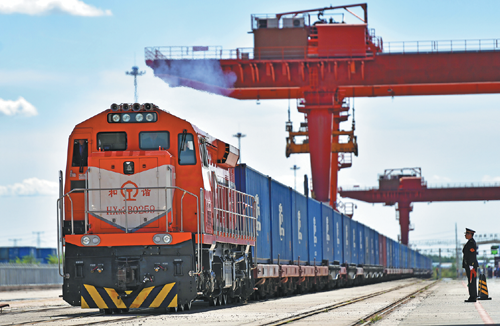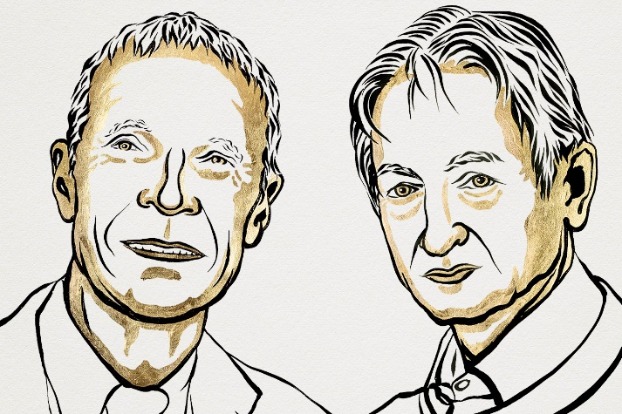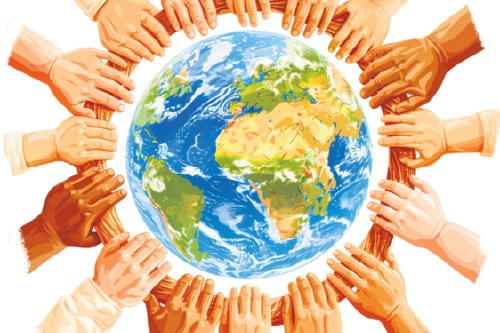China, EU make strides toward strengthening ties
Despite challenges, leaders see avenues for growth, mutual benefits at summit

Despite challenges, leaders see avenues for growth, mutual benefits at summit

China and the European Union are seeking to stabilize and expand their relations despite differences and challenges on multiple fronts.
Ding Chun, director of the Center for European Studies at Fudan University in Shanghai, said the 24th China-EU Summit held in Beijing on Dec 7 has shown that China-EU relations this year "began low but ended high", referring to the tougher tone earlier on the EU side, which had often parroted Washington's rhetoric.
"It shows that the two sides are looking to the future and are more pragmatic in tackling differences. This is an important step in stabilizing the relationship," Ding said.
Bilateral relations have deteriorated in the past few years amid increasing geopolitical tensions between China and the United States, and with the Russia-Ukraine conflict now in its 23rd month.
Tit-for-tat sanctions between China and the EU in 2021 led the European Parliament to freeze the ratification of the China-EU Comprehensive Agreement on Investment, which concluded in December 2020 after seven years of negotiations.
However, leaders on both sides have attached great importance to the bilateral relationship at the latest Beijing summit.
Chinese President Xi Jinping told EU leaders attending the summit — European Council President Charles Michel and European Commission President Ursula von der Leyen — that China and the EU are two major forces advancing multipolarity, two major markets in support of globalization and two major civilizations championing diversity.
The bilateral relations are showing a good momentum of consolidation and growth, he said, and the China-EU high-level dialogues in the strategic, economic and trade, green and digital fields have produced rich outcomes.
"This serves the interests of both sides and meets the expectations of our peoples," he said.
"As China pursues high-quality development and high-standard opening-up, it sees the EU as a key partner for economic and trade cooperation, a preferred partner for scientific and technological cooperation, and a trustworthy partner for industrial and supply chain cooperation."
The summit took place following several high-level dialogues and visits.
In October, EU foreign policy chief Josep Borrell and Chinese Foreign Minister Wang Yi held the 12th China-EU High-Level Strategic Dialogue in Beijing, while European Commission Executive Vice-President Valdis Dombrovskis co-chaired the 10th China-EU High-level Economic and Trade Dialogue with Chinese Vice-Premier He Lifeng in Beijing in September.
Michel also applauded the relaunch of high-level dialogues on important issues.
"We are united in our commitment to pursue a stable and mutually beneficial relationship with China, a commitment and a relationship that we wish to be based on the principles of transparency, predictability and reciprocity," he said, citing the EU's China policy coming out of the EU summit in June.
Von der Leyen described her second trip to China this year as demonstrating how the EU attaches importance to its major relationship with China.
"We have massive trade between us — 2.3 billion euros ($2.5 billion) a day — and important investment stakes in each other's economies," she said.
Bilateral trade of goods between China and the EU hit a record high of 857 billion euros last year, an increase of 23 percent year-on-year, according to EU statistics. China and the EU are each other's second-largest trade partner.

































